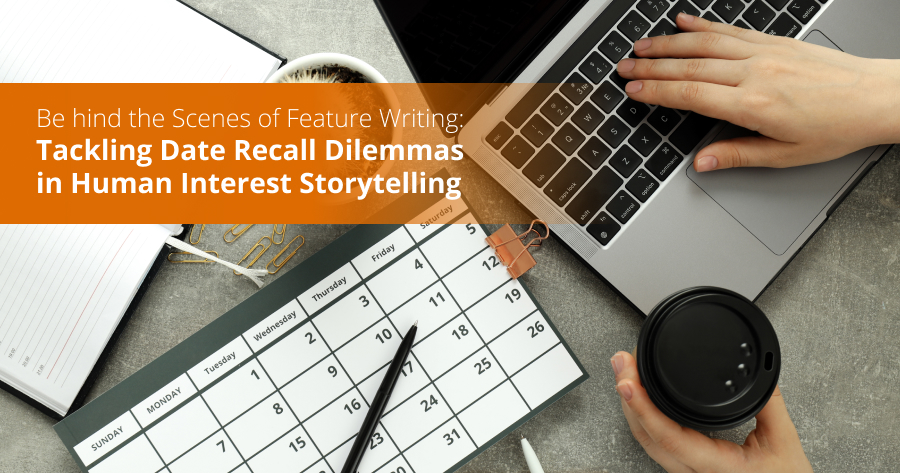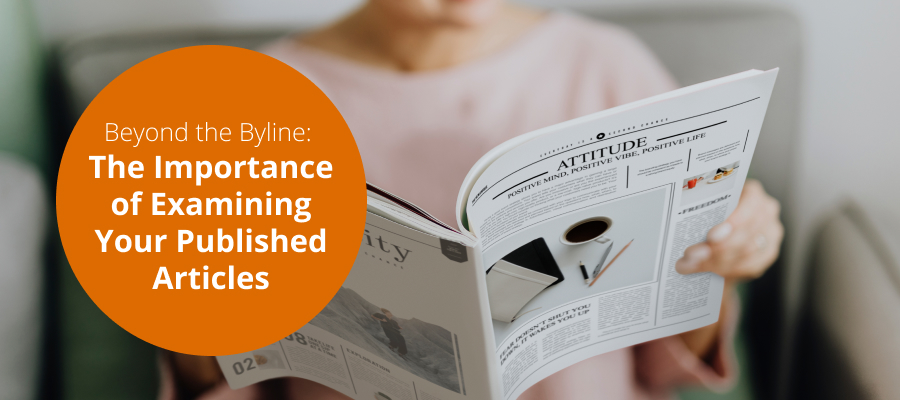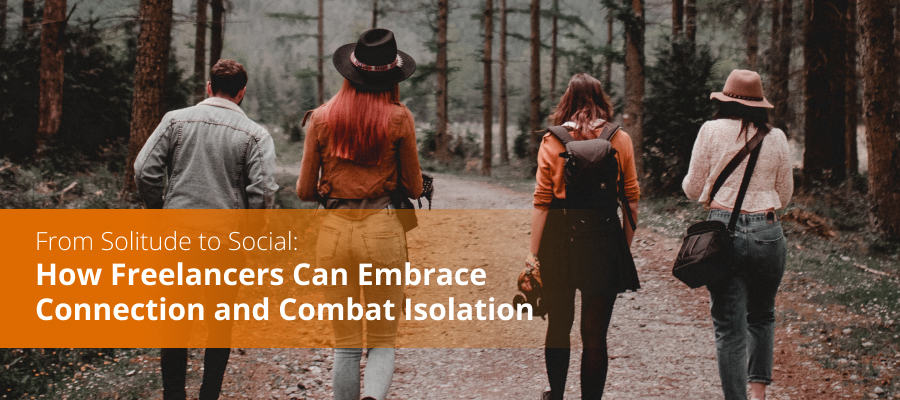When you are writing a human interest feature, the narrative often needs to include dates about when things happened. It might be when your case study first noticed a health symptom, for instance, or when they realised their child was being bullied at school.
The difficulty comes when the person you are interviewing can’t remember.
One magazine Judy, our senior tutor, used to work for was particularly hot on including some sort of chronology. She remembers once interviewing someone and asking them when did this happen? When did that happen?
The interviewee did his best, pausing to search his brain, but eventually, there was a silence and the mild protest, “I wasn’t keeping a diary, love!”
It’s something journalists should always think about when asking questions like this and they should try to sympathise. After all, we can’t always remember things like that ourselves, right?
So what do you do when the magazine wants dates and your case study can’t provide them?
You’ve got three options.
The first – if it’s acceptable to the publication – is to hedge it a bit. You could write something like “Susannah was first stung by a bee about seven years ago”, or “In the late 1990s, Jim….”
The second option is to make an educated guess while you’re interviewing them, given what you already know. So you could say something like, “Oh, would that be in 2006 then?” If they say yes, then use it. If they say no, it was later, you can say “Maybe 2007 then,” and hope they say, “Yes, that’s more like it.”
The other option is to complete the interview getting as many dates as you can. Before you hang up, ask them if there is anyone else they can check with and make a firm date to ring them back. Write the copy up, roughly working out from the chronology when something would have happened. When you ring the case study back, they will hopefully have some more information for you. If they don’t, then explain what you have worked out and ask if they agree with it.



